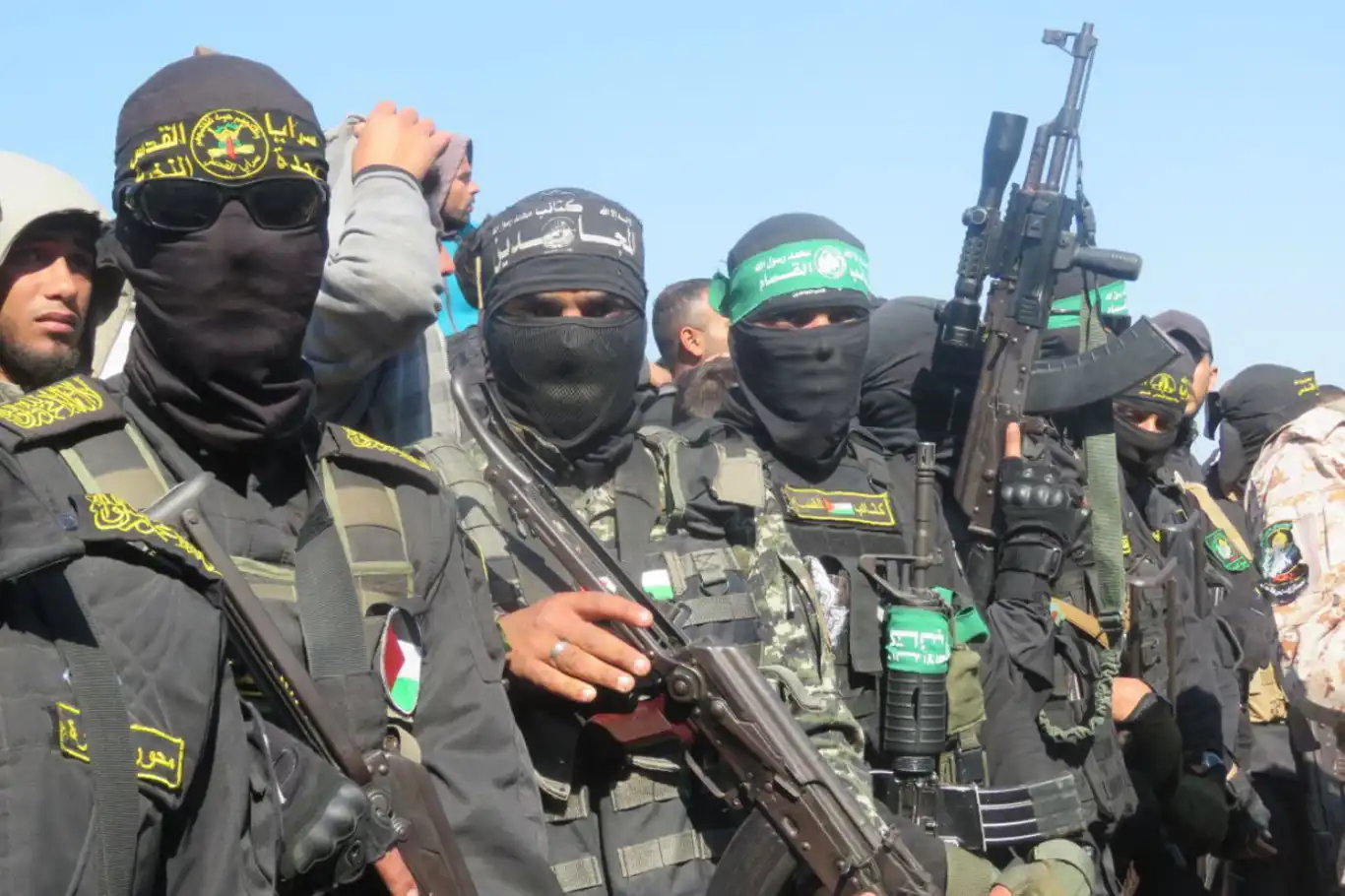Israel to release fourth batch of Palestinian detainees under Gaza ceasefire agreement


Israel is set to release 183 Palestinian detainees today as part of the fourth phase of the prisoner release agreement under the ongoing Gaza ceasefire.
According to the Palestinian Commission for Detainees and Ex-Detainees Affairs and the Palestinian Prisoner’s Society (PPS), the released individuals will include 111 detainees from the Gaza Strip, all of whom were arrested after October 7, 2023. The list comprises detainees of different ages and sentences, with eight individuals facing exile outside Palestine.
Despite the releases, Palestinian rights groups continue to highlight concerns over hundreds of Gaza detainees who remain victims of enforced disappearance, with little to no information available about their whereabouts or conditions.
This latest release follows the third batch of Palestinian detainees freed on Thursday, which saw the release of 110 prisoners. That group included 32 detainees serving life sentences, 48 facing various prison terms, and 30 minors.
The phased releases are part of the broader ceasefire agreement aimed at de-escalating the ongoing conflict in Gaza. However, tensions remain high as rights organizations continue to demand greater transparency regarding Palestinian detainees held in Israeli prisons. (ILKHA)
LEGAL WARNING: All rights of the published news, photos and videos are reserved by İlke Haber Ajansı Basın Yayın San. Trade A.Ş. Under no circumstances can all or part of the news, photos and videos be used without a written contract or subscription.
The second round of Greece’s presidential election concluded with no decisive outcome, as expected, with all 300 Members of Parliament (MPs) casting their votes but failing to reach the necessary threshold to elect a new president.
Iran’s Foreign Minister Abbas Araghchi has hailed the October 7 Al-Aqsa Storm Operation, claiming it revitalized the Palestinian cause and reaffirmed its position as a top priority both regionally and globally.
The Rafah border crossing between the Gaza Strip and Egypt is set to reopen on Friday, under the supervision of a multinational European force, as part of a broader effort to facilitate humanitarian aid and ensure security in the region.